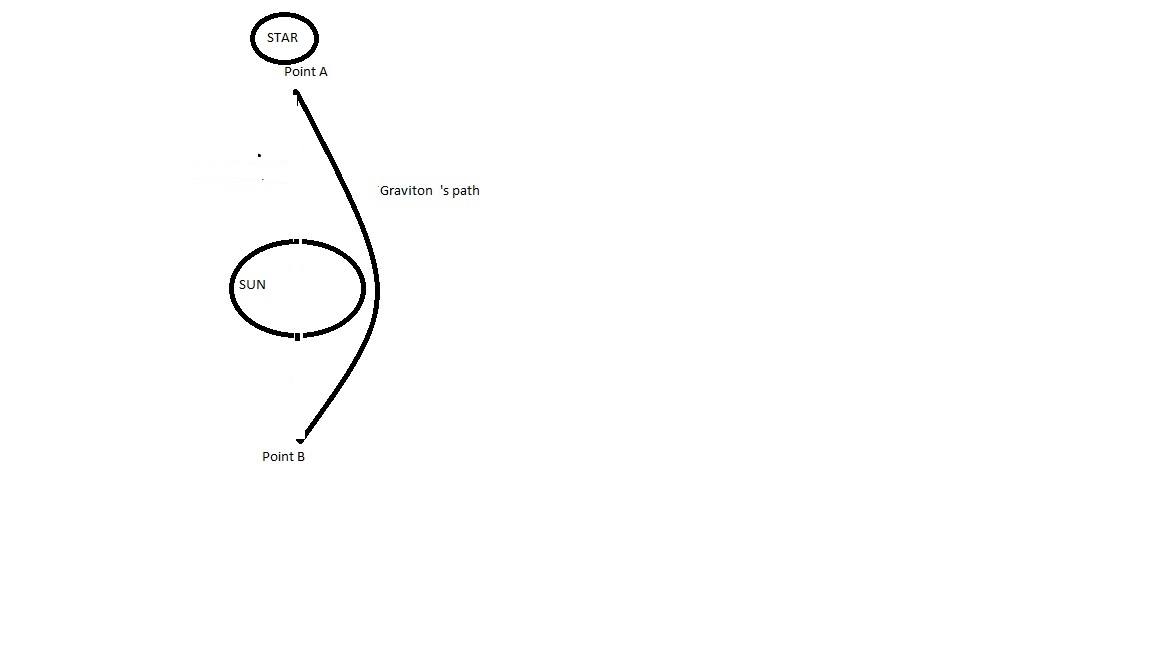I have read these questions:
Do gravitational lenses work on gravitational waves?
Are gravitational waves effected by the curvature of space time (gravitational lensing)?
And it made me curious.
I understand that gravitons and gravitational waves are not the same thing.
But this question here:
Gravitons unaffected by gravitational lensing?
It is talking about LIGO experiment and that we detect gravitons by that experiment. And it says that so gravitons do cause gravity and bend spacetime.
So from this question it is not understandable whether LIGO experiment is detecting gravitational waves or gravitons and whether gravitons themselves cause bending of spacetime. I would think they do not, because it is stress energy that bends spacetime.
So it is not understandable whether gravitons are mediating the bending of spacetime, in which case the Sun would shadow most of these effects (depending on whether gravitons are effected by gravitational lensing).
Or is it that it is stress energy that bends spacetime and it does not matter whether the Sun shadows these effects (the Sun is inbetween a far away star and the Earth) or not, the bending of spacetime (from a far away star) still reaches us regardless whether the Sun is there or not.
Imagine there is a star at point A far away from Earth, where Earth is point B, and inbetween the Sun.
We know as per GR that there is gravitational lensing (of photons) because of the Sun's gravitational field. The Sun's stress energy bends spacetime and the photons coming from the far away star are traveling along a bent path.
None of the questions says anything about gravitons following a geodesic or gravitons being affected by bent spacetime.
They did not say anything about the Earth being affected by the gravitational effects of a far away star that would be behind the Sun.
In this case, when a far away star is behind the Sun, I do not know whether the far away star's gravitational effects are still reaching Earth or does the Sun shadow these effects?
I did not find anything whether the Earth itself would be shadowed (gravitationally) by the Sun as an object. And I did not find anything whether gravitons from this far away star would still reach us (like photons do).
Questions:
Do gravitons travel along geodesics, and do they travel along bent spacetime? Is my graph correct with the graviton's path being bent like a photon's path?
If a far away star is behind the Sun, but we still see it (photons still reach us from there) because of gravitational lensing, then do gravitons (and other effects of gravity) reach us from that far away star too?

